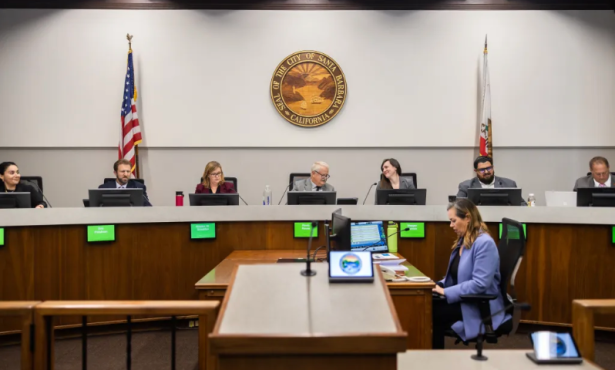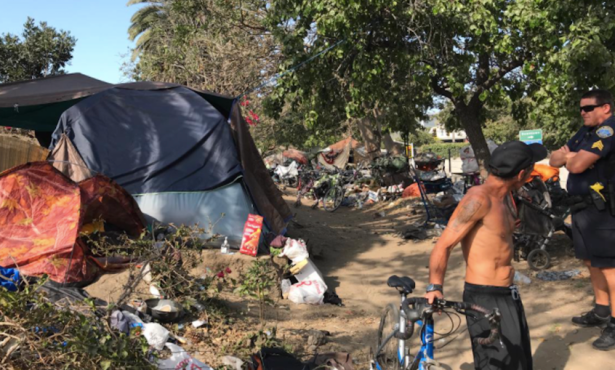Biking for Burgers
Eating a Meat-Heavy Diet Could Offset Enviro Benefits of Biking
I like to think that I am not alone in celebrating a long day of biking with a cookie or five. The energy spent biking feels like it will offset any caloric indulgence. Just as cycling seems to cover a second helping of dessert, it also feels like it might atone for our environmental sins. The disposable coffee cup, the throwaway water bottle, surely the fossil fuels saved by pedaling offset any of the smaller choices we make. But, research by Daniel Thorpe suggests it may not be so simple. Other choices made throughout the day can completely offset the environmental benefits of biking, and then some.

Thorpe, a graduate student at Harvard, focuses on climate change and environmental issues. He’s especially interested in the verifiability of eco-friendly options. At a time when nearly everything from bamboo sporks to window cleaner is being marketed as “green,” a little math can reveal some startling truths. One of those, Thorpe says, is that biking may not be the ultimate environmental contribution. “There’s no free lunch on issues of energy and environment. There are always difficult tradeoffs.”
The tradeoffs in this case have to do with the production of energy. Thorpe looked at the fuel needed for biking versus that needed to power a hybrid car. He chose to represent two dietary extremes, a paleo-eating cyclist, and a vegan-eating motorist. The numbers suggest that “the gasoline needed to drive a kilometer in a Prius has similar climate change impacts to the food for the bike ride, if the food was from an average paleo diet.”
The equations have the vegan driver coming out ahead in the environmental race mostly because raising animals for consumption is so environmentally taxing. A paleo diet, consisting mainly of meat, requires a large amount of resources and releases a large amount of methane. Thorpe says that the production of animal products is so environmentally costly that cyclists following a paleo diet could completely negate the good environmental work they do by riding.
However, there were a lot of variables left out of the evaluation. The manufacturing process and rode wear, both factors that would favor bikes, were not included. Says Thorpe of his study, “[T]he only marginal impacts it looked at were greenhouse gas emissions and land use; it ignored some marginal impacts like air pollution and the increased dangers cars impose on everyone else, et cetera.”
Perhaps the most pertinent variable not included is the distance each person covers over time. “Someone with a car will almost surely have a much bigger impact than someone who only has a bike, regardless of the biker’s diet, simply because the car driver will probably cover much more ground in a year.” The equations also didn’t account for the fact that most cyclists lean more toward pizza than bacon-wrapped bratwurst.
If the experiment seems incomplete, that’s because it was meant to be. Thorpe says, “It’s not an evaluation of whether biking or driving is best overall, and it’s not peer-reviewed research.” The comparison wasn’t meant to be exhaustive, it was meant to get people thinking about the actual impact of their choices and to encourage everyone to make modifications where they can.
Thorpe suggests that people look at these modifications in two forms, “deep changes” and “cheap changes.” Deep changes involve big alterations in lifestyle, things like transportation, diet, and home size. Cheap changes are simple and less costly, replacing old showerheads with low-flow ones, upgrading to LED light bulbs, and turning off appliances when not in use.
Making positive changes requires thinking about what will work in a particular situation. “Think creatively,” Thorpe says. “You could insulate your home and buy a better car, but moving into a smaller home closer to work could achieve both things at once.” And he adds, “Almost certainly keep biking. All of the factors I ignored favor bikes, and biking provides lots of benefits.”
Thorpe rides his own bike daily, and he continues work on issues of sustainability. I’m hoping his next equations will factor in a cookie-based diet.



